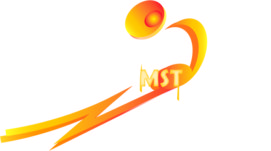How could a sport psychology nut like myself pass on this title?

Rick Wolff, the author, played professional baseball in the Detroit Tiger’s organization and worked as a sport psychology coach for the Cleveland Indians for many years. If you like baseball, then this may be the sport psychology book for you! If you are not a huge baseball fan, do not worry, this book provides tips applicable for any sport. The book is written in a very easy to read style. He includes a concise summary at the end of the book. I am appreciative of an author that provides this service. It makes it really easy to jog the memory of what is in the pages of the book.
There were two take major takeaways for me after reading this book cover to cover. The first is the power of visualization. Rick spends quite a few pages providing examples of how to successfully use visualization. It is the first item listed in his final summary of tools and techniques. Reading his comments reaffirmed my own belief in the power of using visualization. I have no fewer than six posts referring to visualization! If you want to check them out, you can get to the categories section of my site and click on the visualization link – or you can access the visualization posts HERE
The second takeaway was the use of the mental cue card. In this technique, you write down a few short bullet points for specific actions you want to make sure you do in your upcoming competition on a small index card. This can include technical as well as mental skills. Then, you simply carry it with you in your pocket or some other accessible place where you can refer to it periodically to refocus your actions. I have done this occasionally in the past, but not consistently. After reading the book, I made the decision to commit to doing this each and every time I compete (or practice). I found it very helpful in my last competition when the “wheels started to come off”. I fished my cue card out of my pocket and found it helped to refocus my efforts.
So how about you? Do you use visualization? Have you tried using a mental cue card? Which sport psychology books have you found most helpful? I would love to hear from you!
Here is the link to Rick Wolf’s book on Amazon if you want to check it out!
